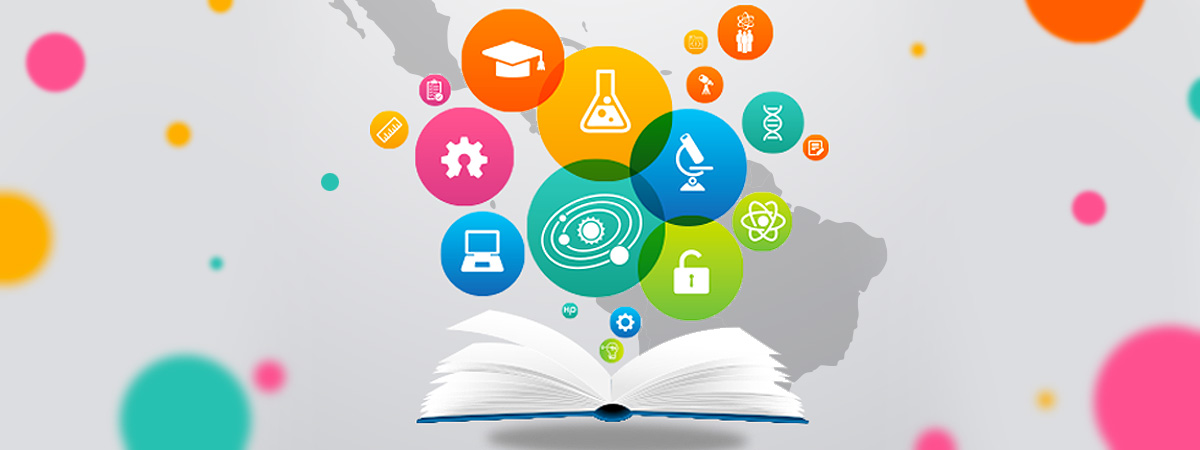The Redalyc’s position shared at the UNESCO Regional Consultation on Open Science for Latin America and the Caribbean

Presented by Arianna Becerril García
The world’s system of scientific communication has shown little success in making science a participatory, equitable and inclusive worldwide discussion. The so-called “Mainstream Science” has been characterized as a medium where commercial publishers have historically made access to science more expensive and restricted, this is in part, because they are both judge and jury in a system where their publications are the best ranked in the prestige systems that they themselves have created.
Today’s OA is consolidating the problem that it was supposed to fight. We must alert our countries that a new panorama of exclusion is quickly approaching. Open Access from the commercial side and endorsed by transferring the pay-to-read costs to a pay-to-publish model Is not just promoting exclusion to countries with less resources but is also systematizing it.
Latin America has proven that the academic sector can take charge not only of the generation of knowledge but also of its dissemination, in a system that is based on cooperation, an intrinsic feature of the academic and research fields.
For Redalyc, science needs to be a public good and access to it a universal right. That is why it focuses its efforts to strengthen the academy-owned model of publishing, with the vision that current information technologies can contribute to the sustainability of OA.
Non-commercial Open Access has no future without the evolution of evaluation systems, which in many countries are adopting strategies where the journals that are edited at their institutions find a clear disadvantage, since their own channels of circulation and means of legitimation are considered regional or peripherical. Thus, researchers are pushed to publish in an unsustainable system, leaving behind publication anchored to the academy and non-commercial platforms that comprise an inherently open ecosystem that needs to be strengthened and above all, revalued.
Consolidation of Open Access demands a technological transition in all its potential, going through semantic web and AI , this to reach the organic visibility outside of its home channels and to provide published science with features that allow to insert itself in the database of collective intelligence enabled by the Web.
Intellectual Property mechanisms must be developed to regulate the phenomenon of releasing knowledge for commercial purposes in an unequal context, where those who concentrate the most, are the ones with a greater capacity for exploitation, taking substantial resources out of the academic circuit that would strengthen education and research.
The economic, legal and technical solutions that are designed in the Open Access field must be forceful to allow the academy to control the circulation of its main asset: knowledge, this is because only the academy can guarantee that its benefits are to society, the scientific progress and the progress of humanity as well.
More information about the UNESCO Regional Consultation on Open Science for Latin America and the Caribbean can be found here.